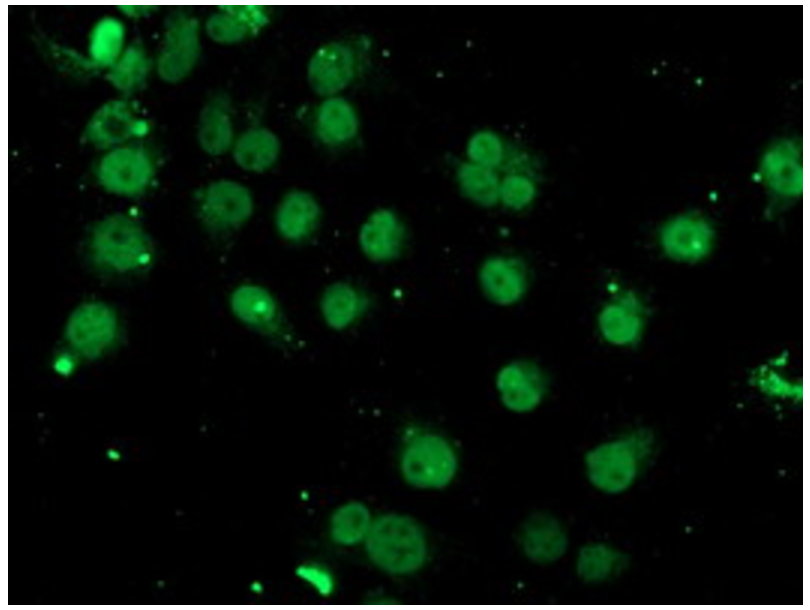
The Breakthrough
According to new findings from researchers at the Temple University School of Medicine, a certain protein that is attached to the surface of mitochondria can be the means to open the door to apoptosis, which causes cells to experience power failures. This study is suggesting that the door blockage with the use of a small-molecule inhibitor might be the answer to the treatment of cardiovascular diseases such as stroke and heart attack.
The Implications
This research which was led by Muniswamy Madesh, PH.D., has shown that the specific protein, spastic paraplegia 7 (SPG7), is the primary component for the permeability transition pore (PTP), which is a protein complex found in the mitochondrial membrane which mediates the death of cells. Being able to identify SPG7 has marked a major advancement in the understanding of scientists as to how the PTP affects necrosis. Dr. Madesh explains that these brand new findings could bolster the development of novel therapeutics intended for conditions like stroke, heart failure and cancer.